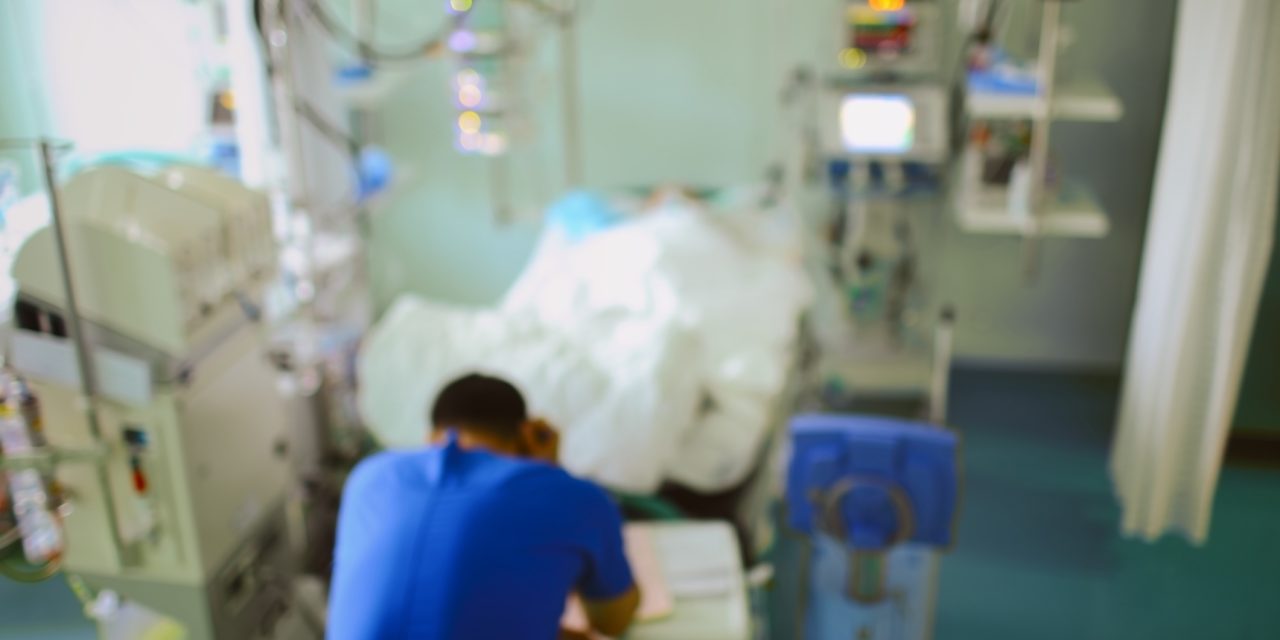Patients with hematologic malignancy or bone marrow failure are typically required to achieve radiographic improvement or stabilization of invasive fungal infection (IFI) prior to hematopoietic cell transplant (HCT) due to concern for progression prior to engraftment. Refractory IFI with a mixture of improvement and progression on serial imaging (or a “mixed response”) poses a clinical dilemma, as delay in HCT may allow hematologic relapse or other complications. Further, HCT itself may yield the immune reconstitution necessary for clearance of infection. We sought to describe characteristics and outcomes of patients who underwent HCT with mixed response IFI.
We performed chart review of all patients who received HCT from 2014 to 2020 where imaging within 6 weeks before HCT indicated a mixed response to treatment of a diagnosed IFI.
Fourteen patients had evidence of a mixed response in low-to-moderate burden of diagnosed IFI by imaging prior to HCT, including nine with pulmonary aspergillosis, two with hepatosplenic candidiasis (one also with aspergillosis), and four with pulmonary nodules of presumed fungal etiology. Five had refractory severe neutropenia at evaluation for HCT (median 95 days). All 14 patients showed radiographic stability or improvement in imaging following engraftment; no IFI-related surgeries were required and no IFI-related deaths occurred. For patients without relapse who received HCT more than one year ago, 7 of 8 (88%) were alive at 1 year.
Our findings suggest low-to-moderate burden IFI with mixed response is unlikely to progress on appropriate therapy prior to engraftment during allogeneic HCT.
Copyright © 2021. Published by Elsevier Inc.
Outcomes of hematopoietic cell transplantation (HCT) in patients with mixed response to treatment of confirmed or suspected invasive fungal infection before HCT.


